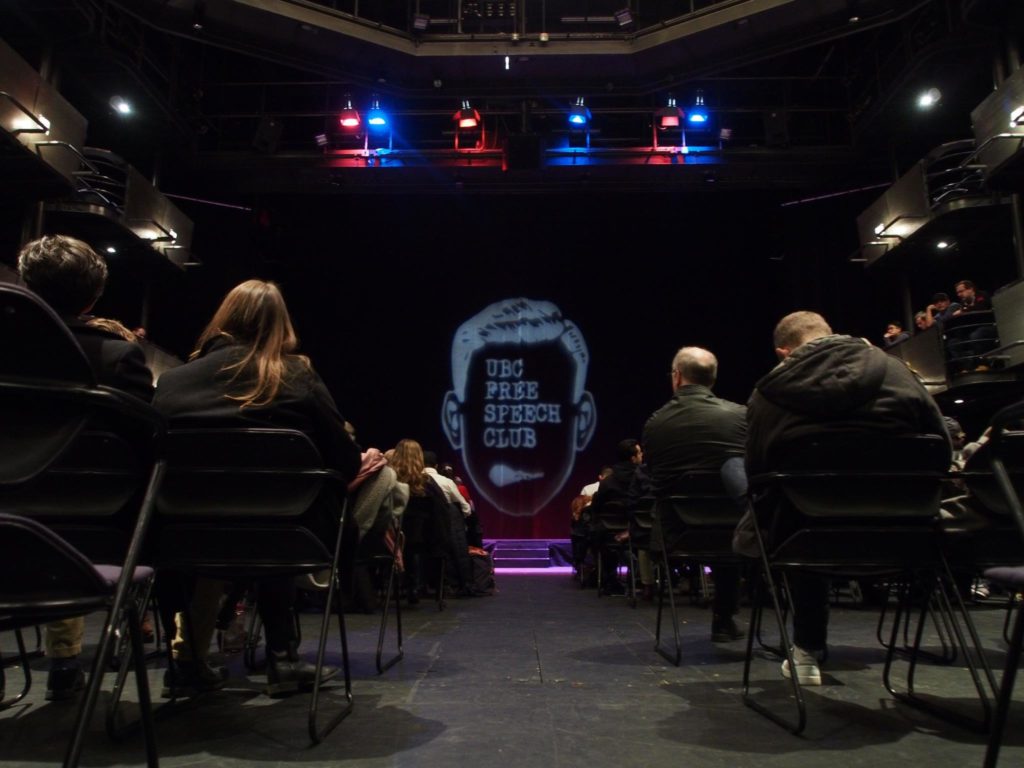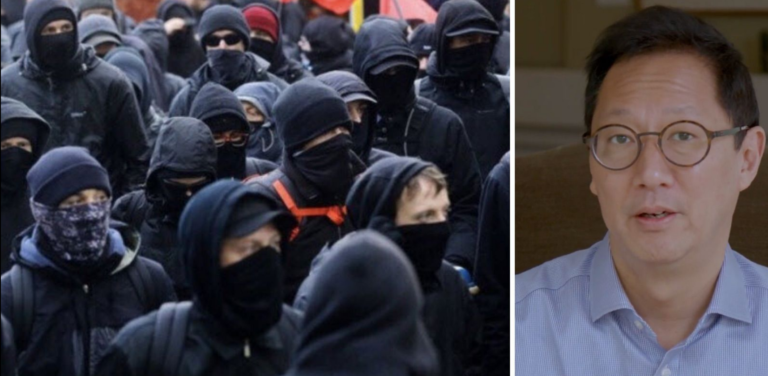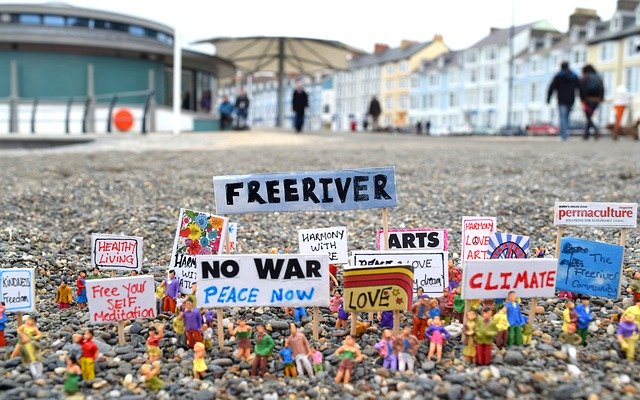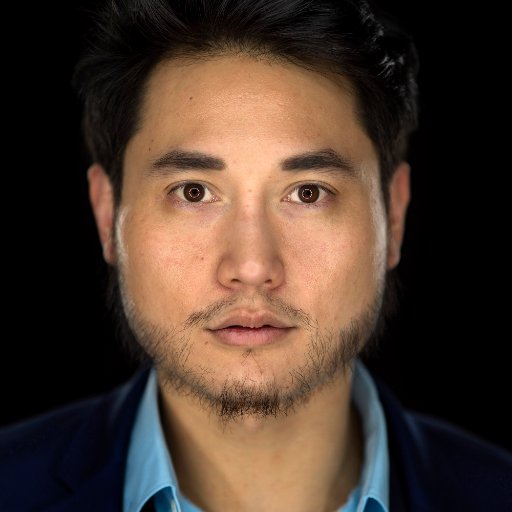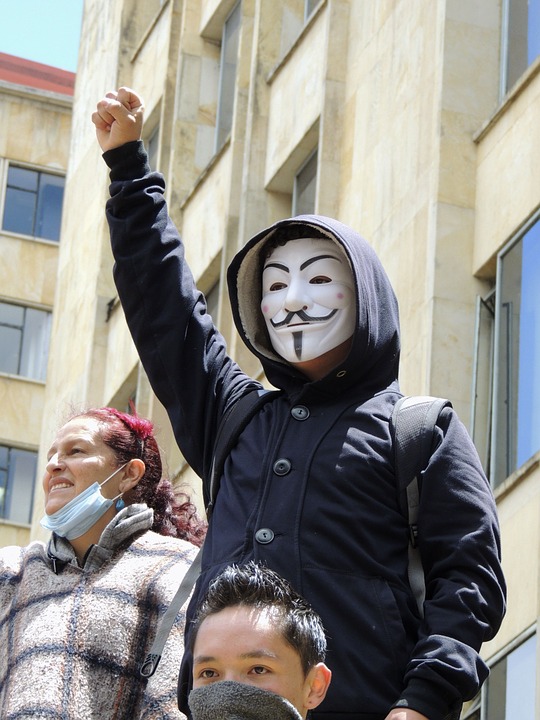In 2019, students of the Free Speech Club at the University of British Columbia (UBC) organized an event, “Understanding Antifa Violence,” at UBC’s Robson Square campus. The event would feature journalist Andy Ngo, who was himself violently attacked by Antifa members during an 2019 Antifa protest in Portland, Oregon. One month after signing an event contract, however, UBC cancelled the event, citing concerns about the emotional and psychological safety and security of the campus community. UBC did not provide the Free Speech Club with any opportunity to address the concerns before the cancellation.
In defence of freedom of expression, the Justice Centre issued a demand letter to the President of the University of British Columbia on December 31, 2019, warning that the Justice Centre would take legal action if the event was not reinstated. On January 8, 2020, UBC Counsel Hubert Lai responded to the letter, stating that the event would not be reinstated because “Mr. Ngo has been the target of violence in the past” and because “the risk to persons and property was too high.”
With help from the Justice Centre, members of the Free Speech Club sued UBC over its unreasonable decision and for violating its own commitment to academic freedom.
The Supreme Court of Canada has determined that the Charter applies to government entities and to private entities delivering government programs. The question before the Supreme Court of British Columbia was whether provincial universities are government entities or are delivering a government program. In other words, are provincial universities constitutionally obligated to protect students’ freedom of expression?
On June 4, 2024, the Court determined that provincial universities are not government entities and, when delivering post-secondary education, are not delivering a government program. And yet, the Province of British Columbia allotted nearly $7 billion in funding to provincial universities in its 2024 budget and describes provincial universities as “service delivery agents for the provision of services on behalf of the government.”
As a result of this June 2024 court ruling, universities in British Columbia remain largely immune to the Charter. Lawyers provided by the Justice Centre argue that provincial universities are clearly delivering a government program and that the Charter must apply to them. If the Charter applies to UBC, its cancellation of the 2019 Free Speech Club event would very likely have violated the Charter.
Lawyer Glenn Blackett stated, “It’s troubling that this massive government program, of such important to our constitutional order, should be left to largely operate in a constitutional black hole. Wherever government is present, so too should our constitutional freedoms–including the right to speak freely and search for truth.”
The plaintiffs are now considering an appeal.


